Filter by
Found 610 from your keywords: callnumber=8
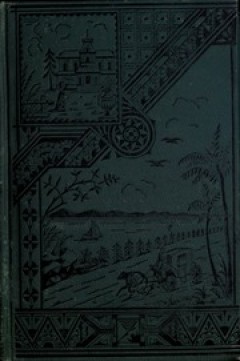
The withered heart
T. S. Arthur's The Withered Heart! is a romantic novel displaying high morals and filled with character-building lessons. His works are wholesome, inculcate morality and purify the feelings - by tastefully illustrating the beauties of virtue, and the iniquities of vice. "He had grown wiser through the elevation of his understanding as to the higher truths of spiritual wisdom; and she had grown …
- Edition
- -
- ISBN/ISSN
- -
- Collation
- vii, 318 p
- Series Title
- -
- Call Number
- 823
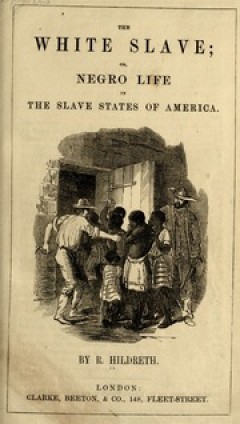
The white slave : or, Negro life in the slave states of Amrica
- Edition
- -
- ISBN/ISSN
- -
- Collation
- 316 p., [39] leaves of plates : 21 cm,Also published under title: The slave; or, memoirs of Archy Mo
- Series Title
- -
- Call Number
- 83975002
- Edition
- -
- ISBN/ISSN
- -
- Collation
- 316 p., [39] leaves of plates : 21 cm,Also published under title: The slave; or, memoirs of Archy Mo
- Series Title
- -
- Call Number
- 83975002
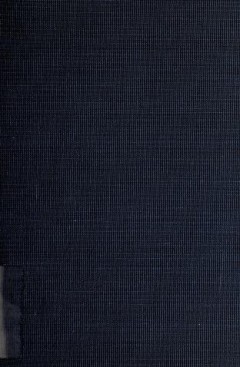
Afloat in the forest
- Edition
- -
- ISBN/ISSN
- -
- Collation
- 382 p. 20 cm
- Series Title
- -
- Call Number
- 823 REI a
- Edition
- -
- ISBN/ISSN
- -
- Collation
- 382 p. 20 cm
- Series Title
- -
- Call Number
- 823 REI a

The Cassilis engagement : a comedy in four acts
- Edition
- -
- ISBN/ISSN
- -
- Collation
- 160 p. 19 cm
- Series Title
- -
- Call Number
- 822 HAN c
- Edition
- -
- ISBN/ISSN
- -
- Collation
- 160 p. 19 cm
- Series Title
- -
- Call Number
- 822 HAN c
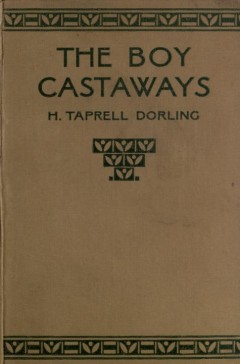
The boy castaways ; or, Endeavour Island
- Edition
- -
- ISBN/ISSN
- -
- Collation
- 356 p. : 19 cm
- Series Title
- -
- Call Number
- 823 DOR b
- Edition
- -
- ISBN/ISSN
- -
- Collation
- 356 p. : 19 cm
- Series Title
- -
- Call Number
- 823 DOR b
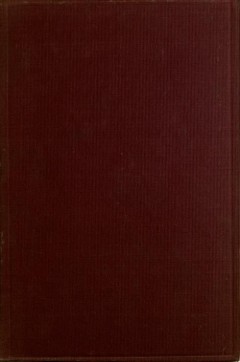
The Mill on the floss
- Edition
- -
- ISBN/ISSN
- -
- Collation
- 546 p. ; 19 cm
- Series Title
- -
- Call Number
- 823 ELI m
- Edition
- -
- ISBN/ISSN
- -
- Collation
- 546 p. ; 19 cm
- Series Title
- -
- Call Number
- 823 ELI m
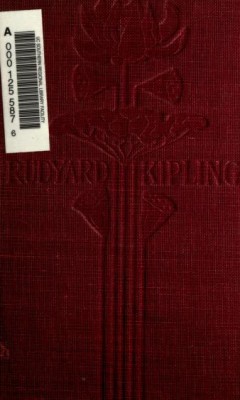
Soldiers three : a collection of stories setting forth certain passages in th…
- Edition
- -
- ISBN/ISSN
- -
- Collation
- 165 p
- Series Title
- -
- Call Number
- 823 KIP s
- Edition
- -
- ISBN/ISSN
- -
- Collation
- 165 p
- Series Title
- -
- Call Number
- 823 KIP s

The Society of Authors (incorporated) : prospectus
- Edition
- -
- ISBN/ISSN
- -
- Collation
- 22 p,
- Series Title
- -
- Call Number
- 800 SOC
- Edition
- -
- ISBN/ISSN
- -
- Collation
- 22 p,
- Series Title
- -
- Call Number
- 800 SOC

The silence of Dean Maitland : a novel
- Edition
- -
- ISBN/ISSN
- -
- Collation
- 413 p
- Series Title
- -
- Call Number
- 823 GRE s
- Edition
- -
- ISBN/ISSN
- -
- Collation
- 413 p
- Series Title
- -
- Call Number
- 823 GRE s
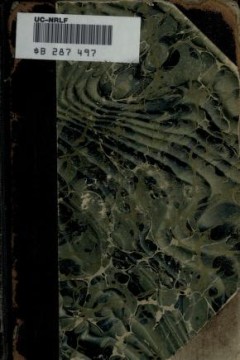
 Computer Science, Information & General Works
Computer Science, Information & General Works  Philosophy & Psychology
Philosophy & Psychology  Religion
Religion  Social Sciences
Social Sciences  Language
Language  Pure Science
Pure Science  Applied Sciences
Applied Sciences  Art & Recreation
Art & Recreation  Literature
Literature  History & Geography
History & Geography